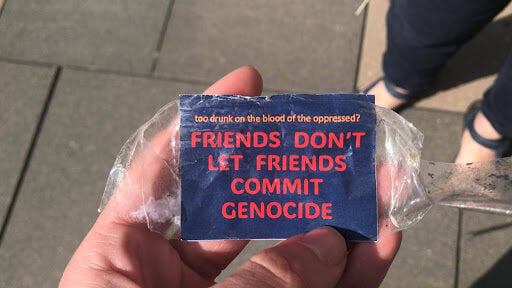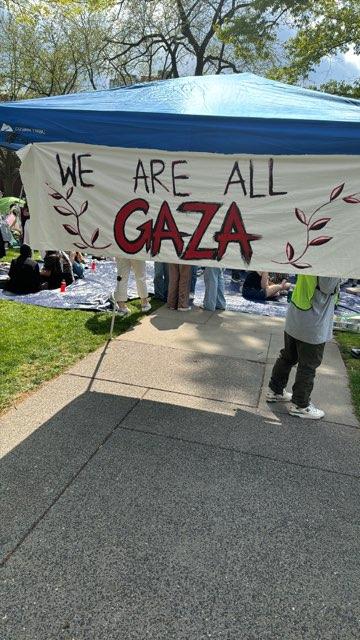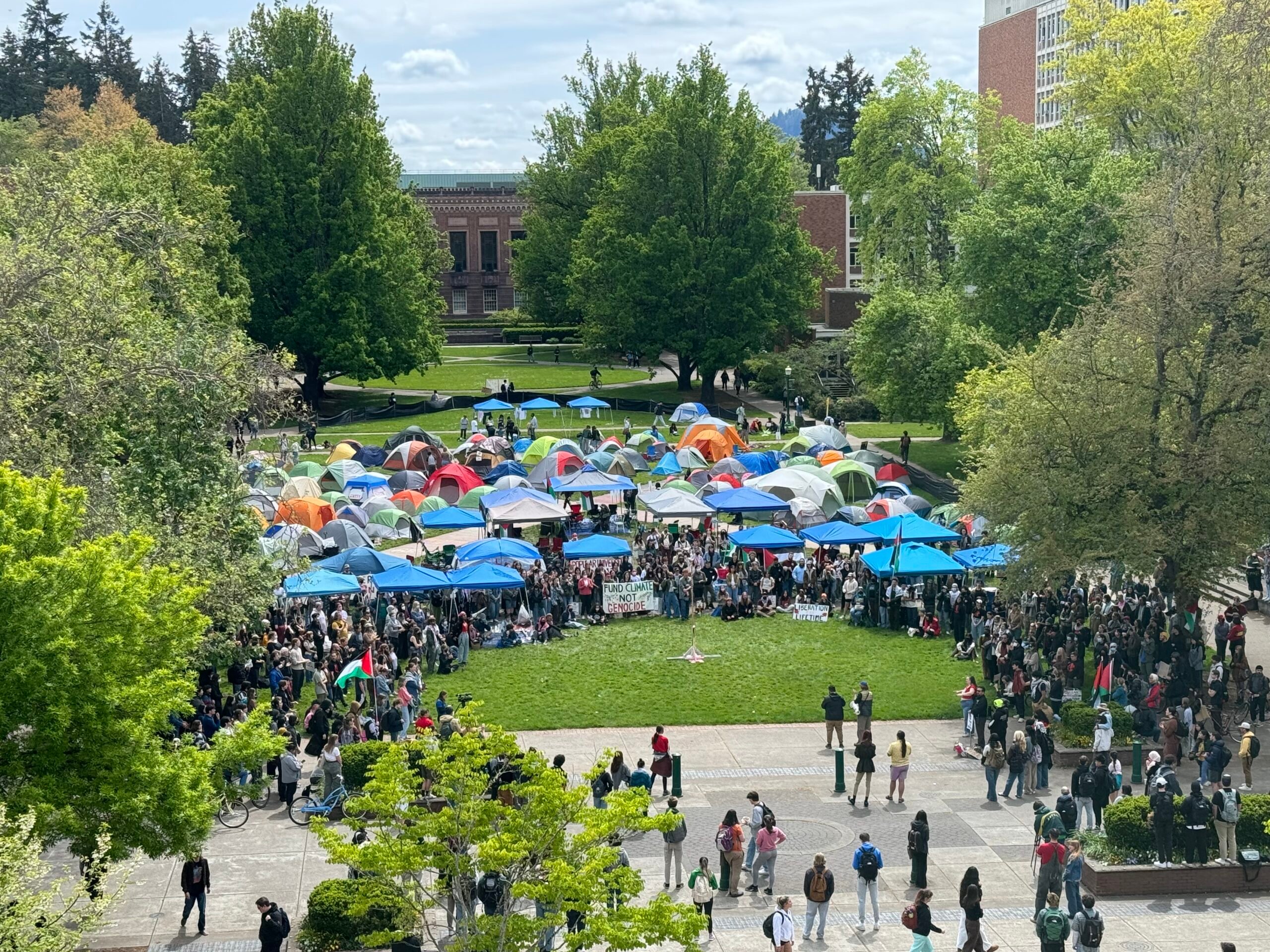While I have no particularly strong feelings regarding use of the word “Shetehei” before “Reishit Tzemichat Geulatenu” in the Prayer for the State of Israel, I do feel as if Rabbi Dr. Tzvee Zahavy in his letter to the editor (“The Prayer for the State of Israel,” May 12, 2022) is painting a picture of the prayer’s treatment by kehillot based solely on his own experiences in the shuls he’s attended.
As a kid growing up in the 1990s, I remember my shul reciting this prayer aloud and in unison even back then. Fast forward to today, my new shul in my new community does the same, except that the prayer is officially introduced in English by our rabbi before it’s chanted. It’s one of the few parts of Shabbat davening I and many others know by heart due to having heard it reverberate throughout the sanctuary every Shabbat and Yom Tov, cadences and all.
To say that this is universally some second-rate afterthought within davening is simply not correct. Many Modern Orthodox shuls I’ve been to have been stocking their siddur bookcases with the Rabbinical Council of America edition of the ArtScroll siddur, which prominently features the Prayer for the State of Israel (on page 449a), for many decades. Moreover, because the prayer is often recited by everyone in the room, idle conversations largely grind to a halt.
Sadly, there are plenty of older, arguably more critical paragraphs in our tefillot that are often not given the attention afforded to the Prayer for the State of Israel. How many of us actually say (or have ample time to say) B’rich Sh’mei in its entirety and with the proper understanding of the words? How many of us are focused on the hot kiddush outside the sanctuary or itching to schmooze with our friends during the powerful Pitum HaKetoret prayer which, according to the Zohar, protects a person from evil, plagues, death, bad judgment, etc. when recited with kavana?
Perhaps all Modern Orthodox congregations should adopt this decades-old ritual of loudly professing our appreciation of Hashem for granting us the State of Israel, no matter what stage of geulah modern Israel’s existence has ushered in.
Adam CaplanWest Orange












